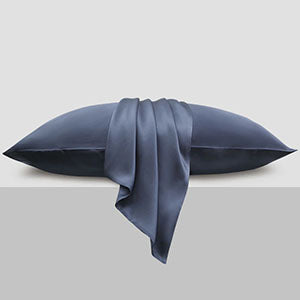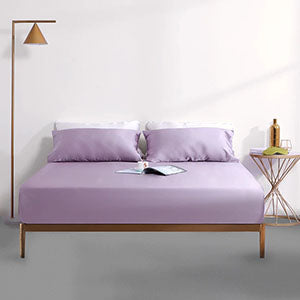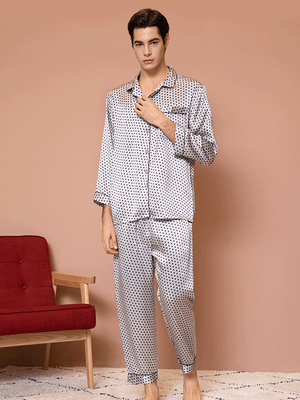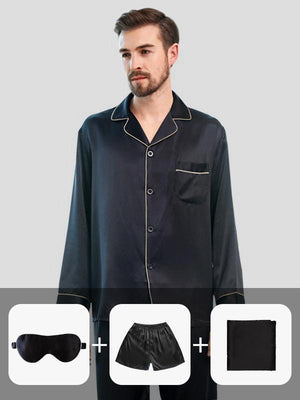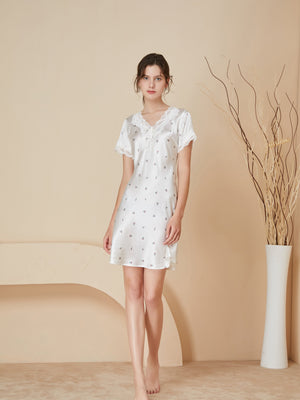Silk Pillowcase for Acne: The Secret to Clearer Skin While You Sleep
- by wangfred
-

Imagine waking up to smoother, healthier skin every morning—without changing your skincare products or diet. The secret might just lie in your pillowcase. For those battling acne, the journey to clear skin often feels endless, but what if the solution is as simple as upgrading your bedding?
The Acne Struggle: Beyond Skincare Products
Acne develops when pores become clogged with excess oil, dead skin cells, and bacteria. While skincare routines target these factors externally, many overlook the role of daily habits—like sleep—in exacerbating breakouts. Traditional pillowcases, especially those made from cotton or polyester, can trap sweat, oils, and residue from hair products, creating a breeding ground for bacteria.
Why Fabric Matters for Acne-Prone Skin
Nighttime friction between your face and pillowcase can irritate skin, spread bacteria, and worsen inflammation. Unlike cotton, which absorbs moisture and oils, silk’s smooth texture minimizes friction and helps maintain the skin’s natural balance. This reduces the risk of transferring impurities back to your face.
The Science of Silk: A Skin-Friendly Material
Silk is naturally hypoallergenic and less porous than other fabrics, making it resistant to dust mites and allergens. Its temperature-regulating properties prevent excessive sweating, while its amino acids align with those found in human skin, promoting hydration and reducing irritation. Studies suggest that silk’s gentle surface may also help prevent sleep creases that contribute to premature aging.
Silk vs. Other Fabrics: A Comparison
- Cotton: Absorbs moisture but can strip skin of natural oils, leading to overproduction of sebum.
- Polyester: Traps heat and sweat, increasing bacterial growth.
- Bamboo: Soft and breathable but lacks silk’s friction-reducing smoothness.
Maximizing the Benefits of Silk
To optimize results, pair a silk pillowcase with these habits:
- Wash your pillowcase every 3–4 days to prevent buildup.
- Avoid heavy nighttime hair products that can transfer to fabric.
- Cleanse your face before bed to remove excess oils and makeup.
Debunking Common Myths
Some claim silk pillowcases are a ‘miracle cure’ for acne. While they significantly reduce contributing factors, they work best as part of a holistic skincare approach. Consistency is key—results may take weeks to become noticeable.
Is a Silk Pillowcase Worth the Investment?
Though pricier than cotton, silk’s durability and multipurpose benefits (e.g., reducing hair frizz and wrinkles) make it a cost-effective upgrade. For acne sufferers, the potential reduction in breakouts and irritation could mean fewer skincare expenses long-term.
Ready to transform your skin while you sleep? Swapping your pillowcase to silk might be the easiest step toward a clearer complexion. Your future self—and your skin—will thank you.
